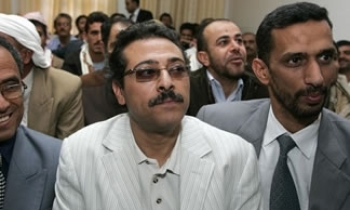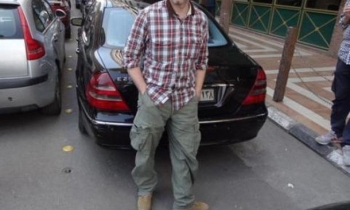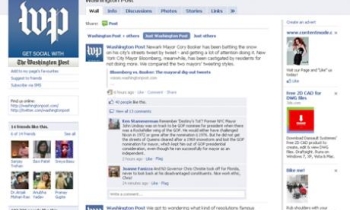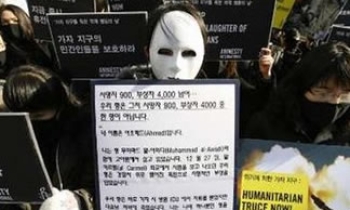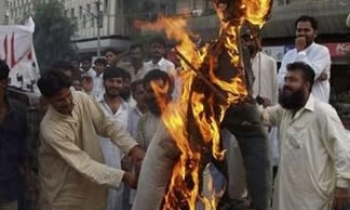It was the news everyone ached to hear: Twelve of 13 miners survived.
But that information which The Associated Press sent just before 11 p.m. Tuesday as most newspapers approached their final deadlines was wrong.
Three hours later, around 2 a.m. Dallas time, came the sad truth: Only one of 13 trapped West Virginia coal miners was found alive. But by then, many newspapers had finished their press runs.
The Dallas Morning News' headline said: "12 of 13 trapped miners survive/ Men found 41 hours after W.Va. explosion; one discovered dead."
"We used the best information we had," said George Rodrigue, vice president and managing editor. "Three hours later we discovered the information was incorrect, but by then, unfortunately, it was too late to update the newspapers. They had already been printed."
DallasNews.com updated its Web story at 2:15 a.m., when mine officials said that only one miner survived.
Until then, on cable news channels, late-night viewers saw euphoria erupt among the miners' family and friends in West Virginia. Anchors such as Anderson Cooper on CNN and Geraldo Rivera on the Fox News Channel were swept up in the joyful scene.
Some papers managed to publish the correct information in late editions. But many others ran headlines such as "They're Alive!" and "Miracle in the Mine"
Were the media at fault in the story?
The AP cited family members in its initial dispatch, at 10:52 p.m., saying the miners were alive. Five versions later, at 11:25 p.m., the story added a quote from Gov. Joe Manchin: "They told us they have 12 alive."
"AP was reporting accurately the information that we were provided by credible sources family members and the governor," said Mike Silverman, the news agency's managing editor. "Clearly, as time passed and there was no firsthand evidence the miners were alive, the best information would have come from mine company officials, but they chose not to talk."
Responding to an online question that DallasNews.com posted Wednesday, many users said they were disappointed in the reporting. "You should be ashamed of yourself for not doing your homework," wrote one.
It's not the first time newspapers got it wrong on deadline, said Margaret Engel, managing editor for the Newseum, a news museum in Arlington, Va.
It happened when the Titanic sank and during presidential elections in 1948 between Thomas Dewey and Harry Truman and in 2000 between Al Gore and George W. Bush.
"The fact that these papers fetch high prices on eBay shows you how rare it is," she said.

